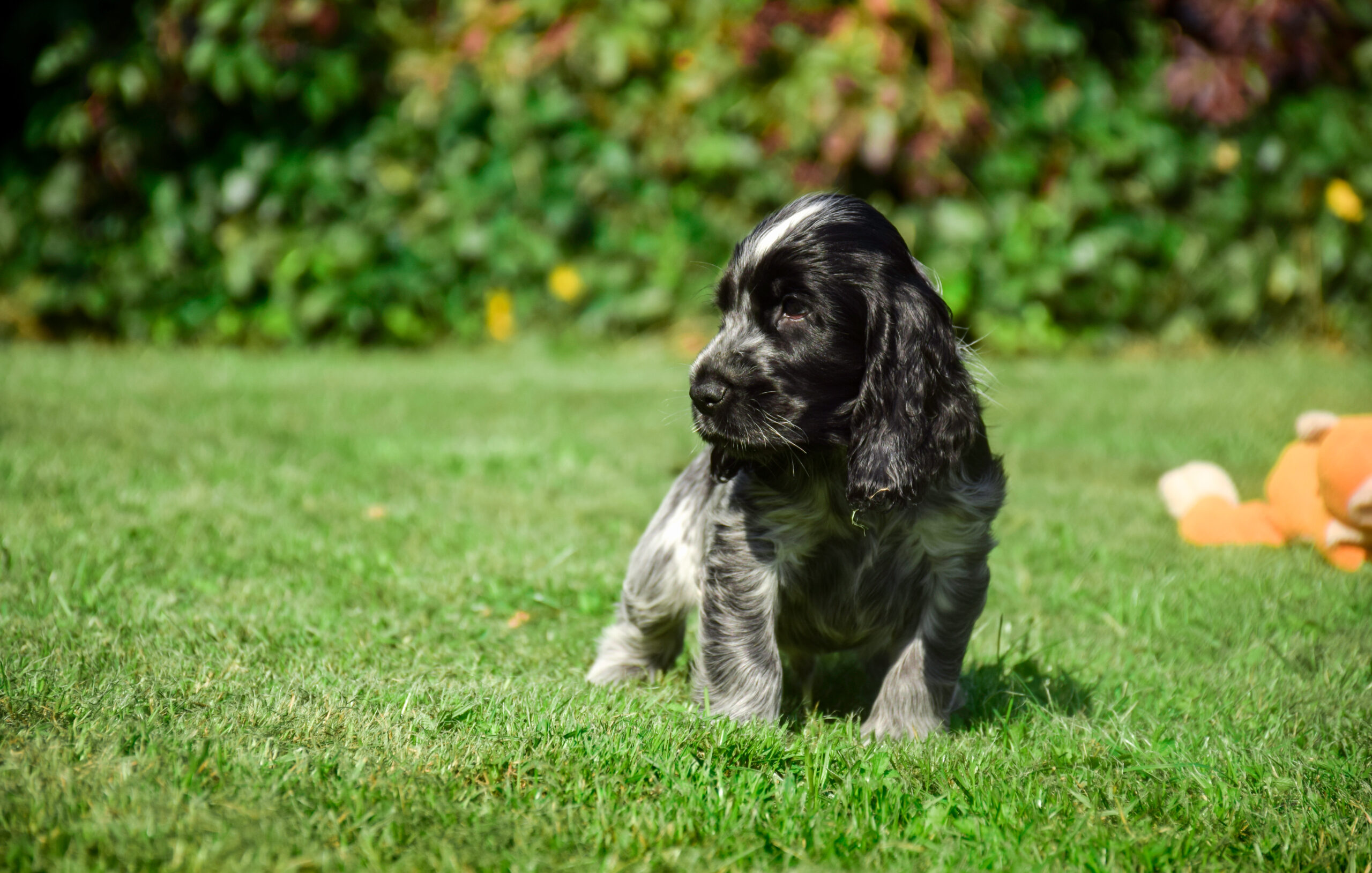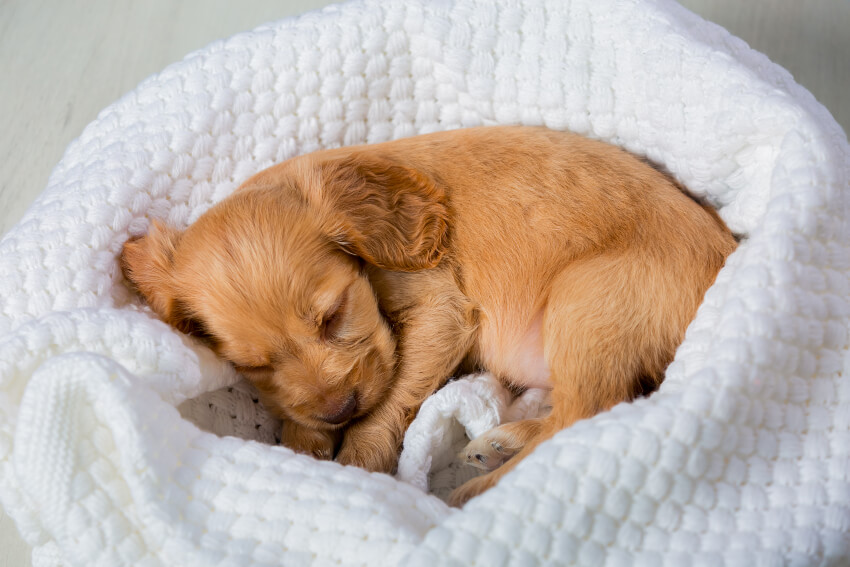When you bring a new puppy home, you must teach him where and when to use the restroom. Mother dogs keep the den area clean of urine and feces until the pups are old enough to follow their mother outside to relieve themselves. You can teach the basics of potty training to a puppy as young as two months old and have success because this is a natural part of a dog’s early training!
Here are a few pointers to keep in mind during the first week of potty training:
Make a plan ahead of time
Your dog needs consistency throughout the house training process, so you or someone who is committed to the process should always be present. Plan out where you’ll take your dog to relieve himself. He will become distracted on his way to his potty spot if an outdoor area is not easily accessible from the house. If you live in an apartment and want your dog to use training pads, choose a surface that will not damage the flooring, such as tile. If he has an accident, invest in cleaning products that will remove the odor so that he does not return to the same location. Set aside a room or a training crate in the house for him to stay in between outings.
It’s time to use the potty
Set an hourly alarm for the first day of potty training. Take him to his toilet, point to it, and tell him he needs to use it. Use the same command and gesture every time, so he knows what to expect. Give him a treat or praise him when he produces results. You should take him out five to thirty minutes after eating or drinking a lot of water. Take him out the last thing before going to bed. Your puppy will whine or move around restlessly if he needs to go out at night. On the other hand, allowing the puppy out in the middle of the night is a bad habit to develop. Take him out as soon as he wakes up to avoid accidents.
Look for the Signs
You’ll have a good idea of how long your pup can go without going potty by the end of the day. The rest of the week entails being consistent so that the routine becomes second nature by the end of seven days. When he is with you, keep an eye out for signs your dog needs to relieve himself, such as whining, sniffing, or pacing. Some puppies give little indication that they need to relieve themselves other than leaving the room or going over to a corner. Keeping the puppy in a confined space, such as a crate or a small room, usually results in whining or a sharp bark when the pup realizes you’ll respond by taking him outside to his favorite spot.
When Mishaps Happen
He’ll have gained enough control of his bodily functions by six months to adjust gradually to more extended periods. The younger the dog, the more frequently he needs to relieve himself. If he has an accident between outings, don’t yell at him, poke his nose in it, or swat him with a newspaper. Creating a negative association can confuse him and cause him to hide his bodily waste around the house. Tell him “no” and rush him outside to his spot if he starts squatting while you’re watching him. Clean up his accident with an enzymatic cleaner to help reduce odors.
Praise and treat the puppy for good behavior, but do not punish it for misbehaving. Once the puppy has had an accident and moved on, he will not understand why he is being punished, making this a useless training method. All that remains is for you to clean up the mess and move on; this part will be over soon!
At Furry Babies, it is our utmost responsibility to both puppy and new puppy parents that you go home prepared to care for the new life you bring into your family, and potty training is no exception. We go over the fundamentals of housebreaking and are always available to help with any training issues or questions. We want to ensure everyone has a good time with their new puppy!


